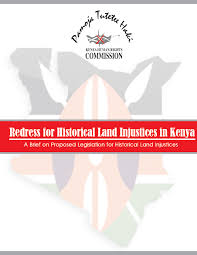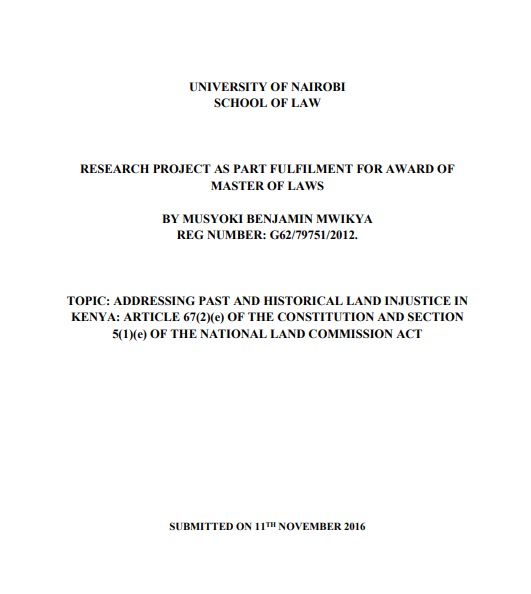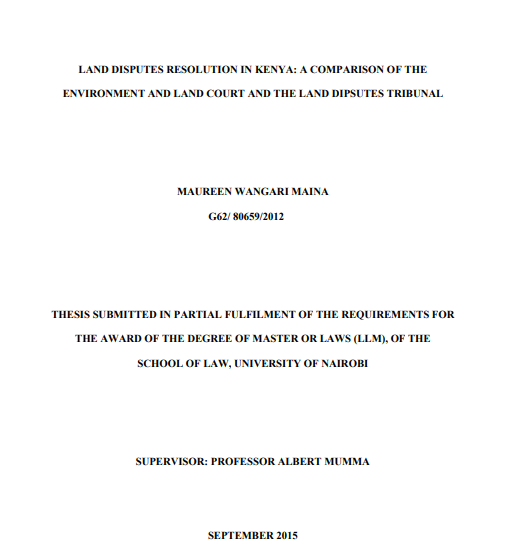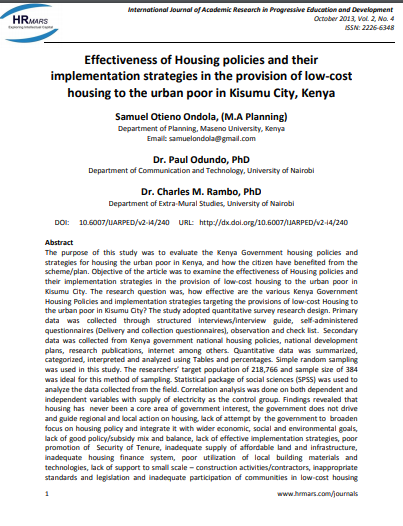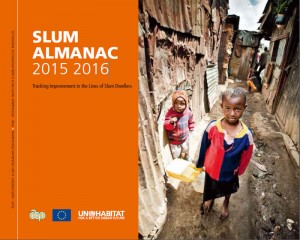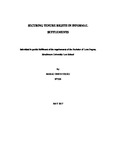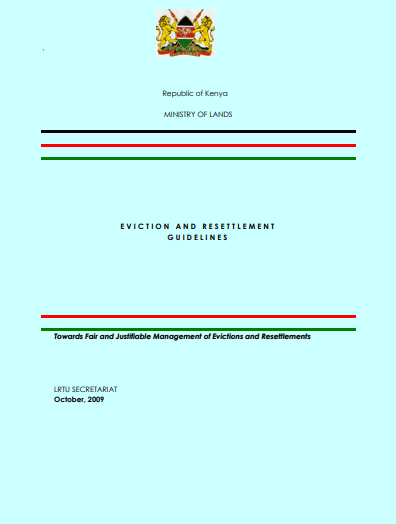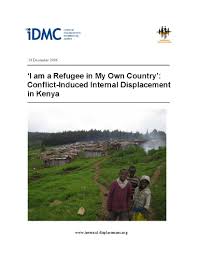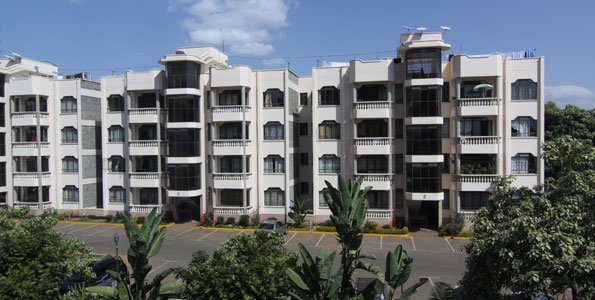Mission Impossible? Implementing the Ndung’u Report
In the aftermath of the post-election crisis, the issue of land has gained increased urgency. Land reforms represent a central part of Kenya’s reform agenda and indeed, the national reconciliation agenda as negotiated by President Kibaki and Prime Minister Raila Odinga under the aegis of Kofi Annan in early 2008.


